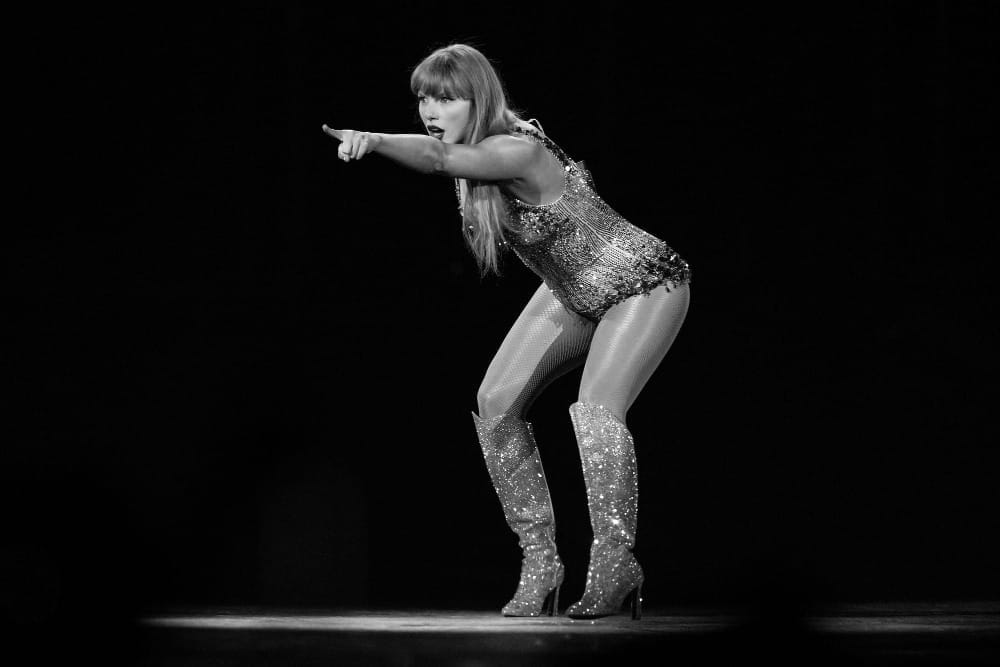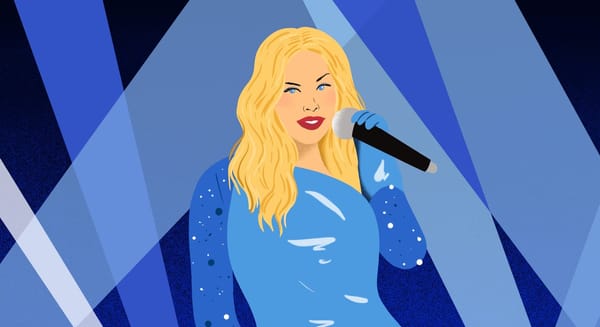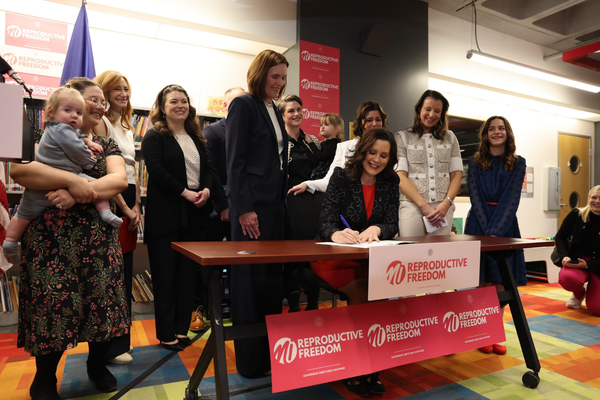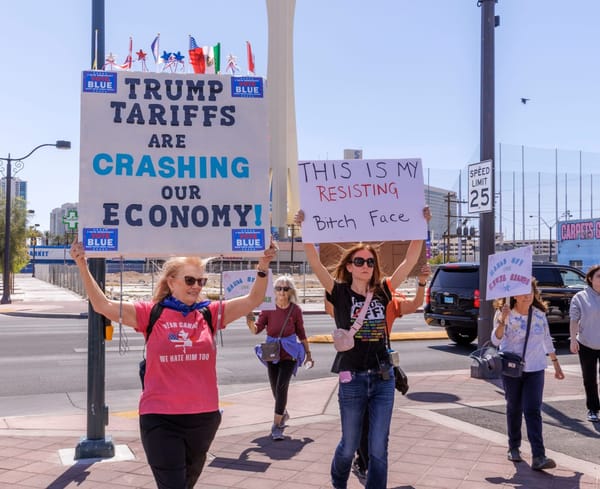What Taylor Swift Taught Me About Aging
No age is the right age to be a woman. Unless, of course, you're Taylor Swift.

In 2014, the year I turned 25, I spent a great deal of brain power trying to figure out how to respond when someone asked me how old I was.
At the time, I was working in a major newsroom in the U.K, covering important financial news, read by important people. I’d established myself as a meticulous reporter and capable writer, but sometimes—when people figured out that the person behind the byline was just a few years out of college—the age thing threatened to topple my credibility.
“Dude,” I remember one inebriated banker telling his colleague right in front of me at an industry event, ”Josie was 12 years old when Enron collapsed.”
That same year, far, far away from source meetings and off-the-record comments about bond issues, Taylor Swift released an album grandly announcing to the world how old she was—which, as it happens, is the same age as me.
1989, the year we were both born, was the title of her fifth studio album, a Grammy-award winning masterpiece that showcased her genre-defying artistry and marked her as an international superstar.
I listened to 1989 when it first came out and while I didn’t end up identifying as a Swiftie, I liked it a lot. Swift’s songs took up residence in my brain and have stayed there ever since.
But mostly, I was taken by the name of the album.
I admired the unapologetic undertone, the audacity even, of what it stands for. She told journalists that she named the album after her birth year because it signaled a metaphorical rebirth of her image and artistry. Yes, Swift was saying, I’m about to turn 25 but I’m not too young for a renaissance.





